Exploring the Future of Manufacturing: How Plastic Injection Molded Parts Transform Industries
As industries continue to evolve in the face of rapid technological advancements, the importance of plastic injection molded parts is becoming increasingly evident. According to a report by MarketsandMarkets, the global plastic injection molding market is projected to reach $406.63 billion by 2027, growing at a CAGR of 5.0% from 2022 to 2027. This growth is largely driven by the demand for lightweight and durable components across various sectors, including automotive, aerospace, and consumer goods. Manufacturers are leveraging advanced techniques and digital technologies to enhance design flexibility, production efficiency, and precision. By integrating smart manufacturing processes, companies are transforming plastic injection molded parts into integral components that not only streamline production but also contribute to sustainability initiatives, showcasing the transformative power of this method in shaping the future of manufacturing.
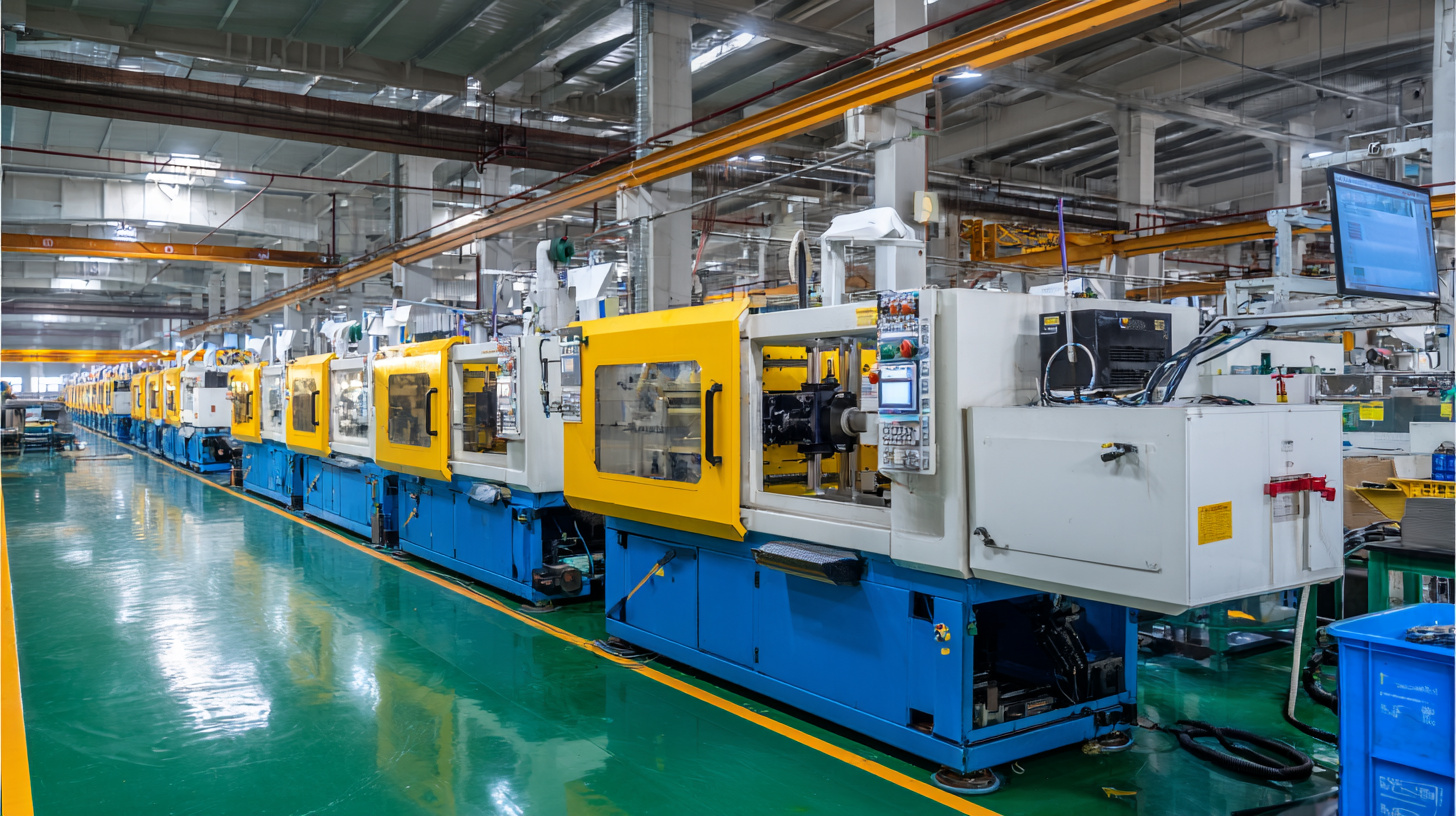
Benefits of Plastic Injection Molding in the Manufacturing Sector: Efficiency and Cost-Effectiveness
Plastic injection molding has revolutionized the manufacturing sector by providing a range of benefits that enhance efficiency and reduce costs. This highly automated process allows for the production of complex parts at high volumes, making it ideal for industries like automotive, consumer products, and electronics. By using molds to create precise components, manufacturers can significantly lower material waste and streamline production cycles. Additionally, the ability to quickly change molds allows companies to adapt to market demands with agility, ensuring they remain competitive.
Tips: When considering plastic injection molding for your manufacturing needs, it's important to work closely with your mold designer to optimize the shape and features of the parts. This can lead to better flow, reduced cycle times, and ultimately, lower production costs. Moreover, exploring different materials can yield additional savings and improve the performance characteristics of your products.
Furthermore, the cost-effectiveness of plastic injection molding is enhanced by the longevity of the molds themselves. High-quality molds can produce thousands of parts before needing repairs or replacements, significantly reducing the per-part cost as production scales up. Investing in durable molds upfront can lead to substantial long-term savings, making this manufacturing method a strategic choice for businesses aiming to optimize their operations.
Exploring the Future of Manufacturing: How Plastic Injection Molded Parts Transform Industries
| Dimension | Description | Benefits | Industry Applications |
|---|---|---|---|
| Material Variety | Plastic injection molding allows for a range of materials, including engineering plastics. | Versatility and adaptability to specific industry requirements. | Automotive, Consumer Electronics |
| Production Speed | High-speed manufacturing process allows for quick turnaround times. | Increased efficiency and reduced time to market. | Medical Devices, Packaging |
| Precision | High precision in dimensions and tolerances possible. | Ensures high-quality end products with minimal waste. | Aerospace, Consumer Goods |
| Cost Effectiveness | Initial setup cost is offset by lower per-unit costs in large runs. | Economical for large-scale production. | Toy Manufacturing, Appliance Parts |
| Design Flexibility | Molds can be designed for complex shapes and designs. | Innovative designs can be implemented easily. | Furniture, Custom Products |
Innovative Applications of Plastic Injection Molded Parts in Automotive and Aerospace Industries
Plastic injection molded parts are making significant strides in transforming the automotive and aerospace industries. The injection molding market is projected to expand from USD 365.22 billion in 2024 to USD 580.44 billion by 2033, reflecting a compound annual growth rate (CAGR) of 4.74%. This growth is driven by innovations in manufacturing processes that enhance efficiency and reduce production costs, which are critical in sectors where precision and reliability are paramount.
In aerospace applications, the move towards replacing traditional materials with advanced thermoplastic polymers is notable. A recent technical assessment indicates that utilizing these polymers can lead to lighter and more durable aircraft cabin interior panels, addressing both cost and weight concerns effectively. With the increasing focus on sustainability and performance, the integration of fiber-reinforced polymer composites is also gaining traction, offering superior strength-to-weight ratios that benefit defense technologies and further diverse applications in the aerospace sector. As industries continue to embrace these innovative materials and processes, the impact of plastic injection molded parts will only grow, redefining manufacturing standards.
Sustainability in Manufacturing: The Role of Plastic Injection Molded Components
Sustainability has become a cornerstone of modern manufacturing, and plastic injection molded components play a pivotal role in this transition. According to a report by Allied Market Research, the global injection molding market is projected to reach $423.4 billion by 2027, emphasizing the growing importance of this method. Utilizing recycled plastics in injection molding not only reduces waste but also cuts down on the energy consumption associated with producing virgin materials. Data shows that by incorporating recycled materials, manufacturers can lower their carbon footprint by approximately 30%, contributing to a more sustainable supply chain.
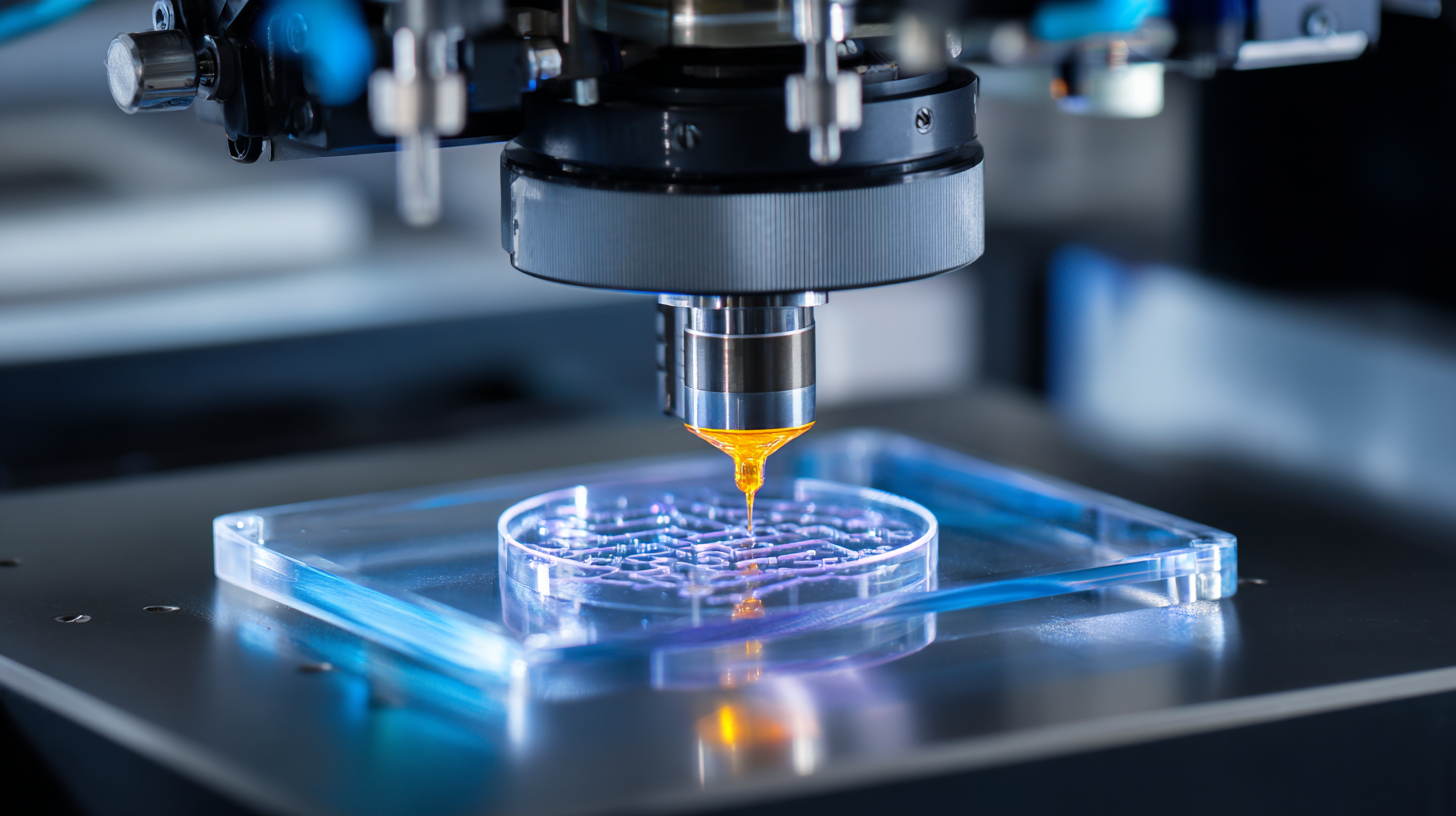
Additionally, advancements in technology and materials science are enabling the production of bio-based and biodegradable plastics. These innovations make it possible for manufacturers to create injection molded parts that meet performance standards while prioritizing environmental impact. A study from PLOS ONE indicates that transitioning to sustainable materials could reduce greenhouse gas emissions by 60% compared to traditional plastics. This shift is essential as industries seek to align with global sustainability goals, proving that plastic injection molded components are not only versatile but also crucial in creating a greener future for manufacturing.
Case Studies: Success Stories of Industries Revolutionized by Plastic Injection Molding
Plastic injection molding has emerged as a transformative force across various industries, streamlining production processes and improving product quality. A notable case study involves the automotive industry, where plastic injection molded parts have significantly enhanced vehicle manufacturing efficiency. According to a report from MarketsandMarkets, the automotive plastics market is expected to reach $49.2 billion by 2024, driven by the increasing demand for lightweight materials that contribute to fuel efficiency and lower emissions. Companies like Ford and Volkswagen are implementing advanced injection molding technology to produce components such as bumpers and dashboards, leading to substantial cost savings and faster assembly times.
In the consumer electronics sector, plastic injection molding has also pioneered innovations. A study by Grand View Research indicates that the global injection molded plastics market for electronics is projected to grow at a CAGR of 5.5% from 2021 to 2028. Companies like Apple now leverage this technology to create intricate designs for their devices, ensuring a perfect fit and aesthetic appeal while reducing waste. The ability to mold complex geometries with precision has allowed manufacturers to enhance product performance and durability, underscoring the pivotal role of plastic injection molding in revolutionizing industry standards and practices.
Future Trends: Technological Advances Shaping Plastic Injection Molding Processes
The landscape of manufacturing is experiencing a revolutionary shift, particularly in the realm of plastic injection molding. As industries increasingly adopt advanced technologies, the processes involved in creating plastic injection molded parts have become more efficient and precise. Innovations such as 3D printing and artificial intelligence are paving the way for faster prototyping and reduced lead times, ultimately transforming production timelines and costs across various sectors.
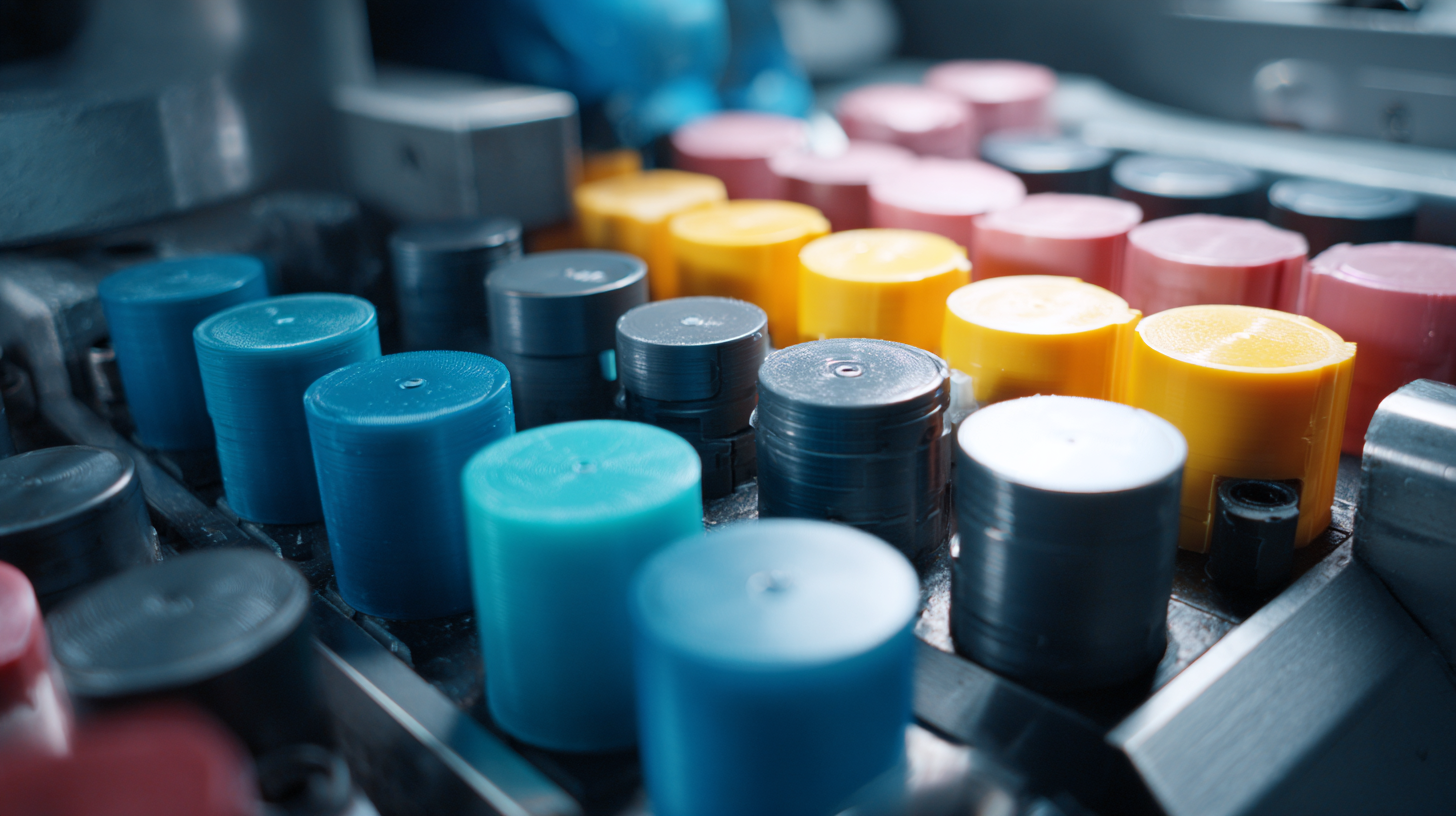
One essential tip for companies looking to stay ahead in this evolving market is to invest in automation. Automated systems not only enhance production speed but also ensure consistent quality. Additionally, leveraging data analytics can help manufacturers optimize their processes, predict maintenance needs, and improve overall operational efficiency.
Another trend to watch is the rise of sustainable practices in plastic injection molding. Manufacturers are beginning to prioritize environmentally friendly materials and processes, which not only meet regulatory standards but also align with the growing consumer demand for sustainability. By adopting these eco-conscious strategies, companies can enhance their brand image while contributing to a greener future for the industry.
Related Posts
-
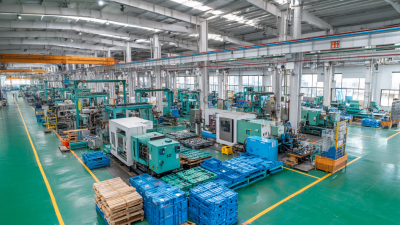
How to Navigate Import and Export Certifications for Best Mold Plastic Injection Products
-
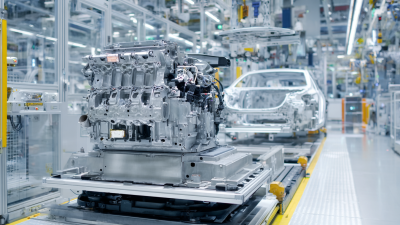
Innovative Examples of Automotive Injection Molding Applications in the Industry
-
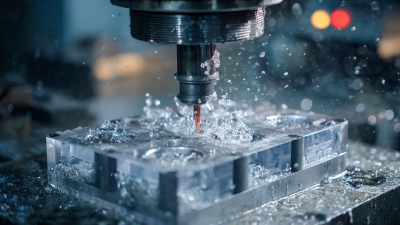
7 Essential Tips for Optimizing Your Mold Manufacturing Process
-
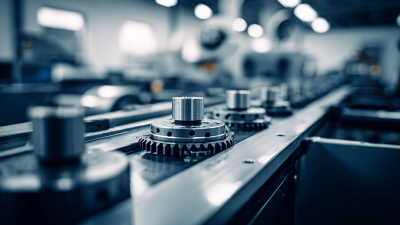
Exploring the Role of Import and Export Certifications in Best Mold Manufacturing
-
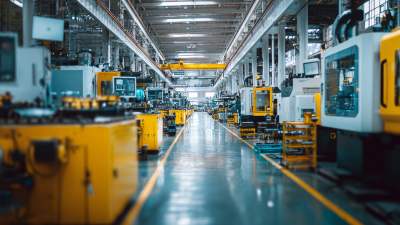
How to Choose the Best US Injection Molding Solutions for Your Manufacturing Needs
-

Essential Checklist for Quality Assurance in Plastic Injection Molded Parts Production

